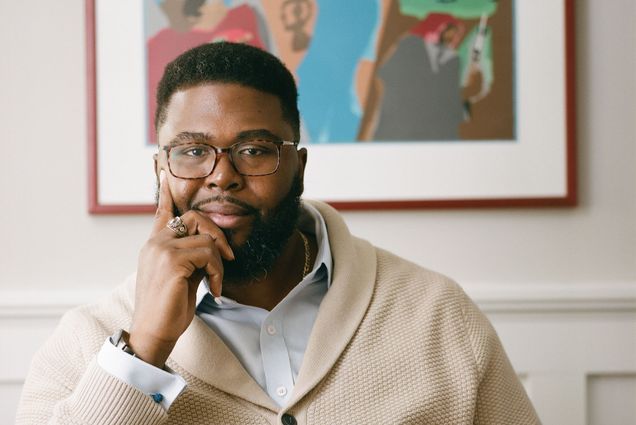高等教育是否忽视了不平等,让弱势学生失望?
The new book from our Newbury Center Faculty Director, Dr. Anthony Abraham Jack, says colleges admit students from diverse backgrounds but forget cultural support.

As an Amherst College freshman in the early 2000s, Anthony Abraham Jack had to deal with a problem that never blips on affluent students’ radars: the closing of the dining hall during spring break. Coming from a low-income Miami family, Jack couldn’t afford the plane fare home and was staying on campus. How would he eat? He lucked out, getting a job at the college’s gym to earn money for meals—and for his mother, who asked him for whatever he could spare to help pay bills back home.
“While Amherst had opened its doors to welcome poor students like me, they forgot to keep the doors open for those of us who couldn’t afford to leave,” Jack writes in his new book Class Dismissed (Princeton University Press). As part of his research for the book, Jack, faculty director of Boston University’s Newbury Center, which supports first-generation college students, interviewed 125 Harvard University undergraduates, “from families across the economic spectrum,” to reveal the daunting problems—aggravated, but not created by COVID-19 campus closures—that still confront disadvantaged students.
While commendably diversifying admissions beyond traditionally wealthy, white students, Jack writes, academia too often fails to help disadvantaged students—for whom college often seems as culturally alien as Mars—succeed in school and after graduation: “It is not just about financial aid. Colleges remain woefully unprepared to support the students who make it in.”